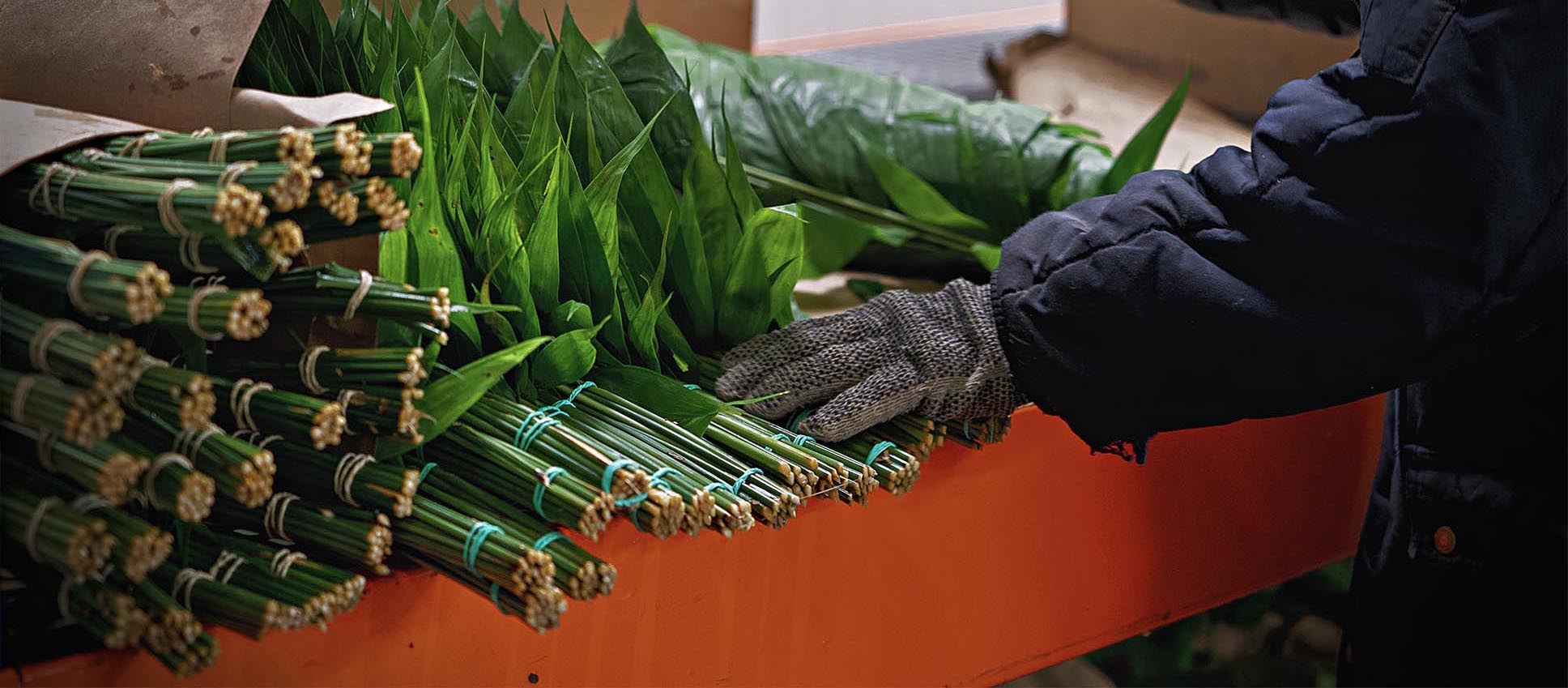What is considered smoke damage? Have you ever asked this question? If a fire has broken out in your home, you may be dealing with the cost of repairing and/or replacing the damaged property. Some of this damage may come from the smoke and understanding the different kinds of smoke can help you identify the best way to approach repairing and replacing that which has been damaged for the most efficient costs. We at Your Insurance Attorney can attest to this, as we’ve sent adjusters to estimate damages for many homes in Miami that have suffered fires. After you assess the damages to your home, though, the next step you should consider is hiring an insurance lawyer to ensure you’re rightfully compensated.
Why Get Help from a Legal Specialist?
When you’re faced with property damage, you might be wondering why you should seek an insurance attorney at all. If you have insurance, the adjuster will come and assess the damages, and you’ll receive compensation from your insurance provider soon after. The trick to this is that the adjuster that works with the insurance company will look for ways to minimize spending, potentially by even redirecting the blame onto you and calling it negligence. In any case, a property damage attorney will have the experience and knowledge to combat this lousy estimate and counter with one that actually will cover the costs of the property damage you’ve sustained. This is why you should consider legal counsel for your property damage cases.
What is Considered Smoke Damage?
There are four main types of smoke, residue, and smoke damage you’ll want to keep an eye out for. Knowing the details of each will help you better understand the costs you’ll be looking at for adequate repairs and replacements of the damaged property. Here are the four types:
- Dry Smoke
- This is the kind of smoke you typically imagine when you think about a house fire. It’s caused by the burning of materials like wood, such as furniture and walls. It’s relatively easy to remove from the surfaces of your home, but it can fall in between cracks in tiles or porous materials.
- Wet Smoke
- Wet smoke comes from smoldering fires. Materials like plastic and rubber may produce this dense kind of smoke, and it’s not easy to clean. The residue left behind will smear with ordinary methods of cleaning and may require specialized equipment to effectively remove.
- Residue from Fuel
- A residue left behind from fuel or oil fires stems from the burning of petroleum products, which is thankfully rare in the ordinary household. Like wet smoke, it’s dense and difficult to clean without proper equipment. It also smells much worse and is highly damaging to carpets and upholstered furniture, so it’s imperative that you seek a restoration service to save them. It’s possible that a furnace may not ignite properly and can release smoke that will leave this residue behind without a fire, which is important to be aware of should it happen.
- Residue from Proteins
- When the proteins in food that you’re cooking catches fire, this residue doesn’t leave behind a visible area of damage as it’s largely invisible, however, it can cause paints and varnishes to become discolored. It also has a potent smell.
Contact Us for an Insurance Lawyer Today
Now that we’ve answered the question of “what is considered smoke damage” in regard to fire damage, you now have a clear image of what you’re entitled to in regard to insurance. The best thing you can do, regardless of the property damage you’re faced with, is to contact an insurance lawyer in your area. For residents of the Miami area, you can contact us at Your Insurance Attorney for professional legal representation designed to help you walk away with the compensation you deserve. Don’t let the insurance companies bully you into accepting an inadequate amount with the help of a legal specialist.

